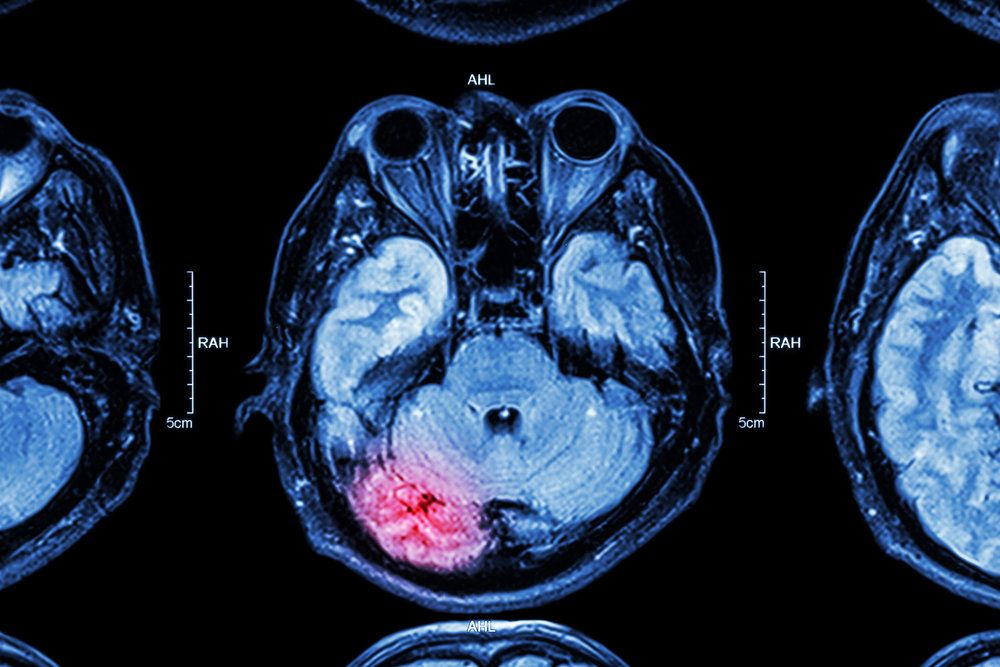Understanding the Effects of a Traumatic Brain Injury
Head injuries can produce long-term cognitive, physical, social, and emotional problems. If you or a loved one have suffered a blow to the head in an accident or because of someone else’s negligence, attorney Rocky Walton can help you pursue justice. To find out more about traumatic brain injury (TBI) and how we can help, contact our Arlington, TX, office today for an appointment.
This is a law firm that really works hard and really gets results. I have already referred several people to this office. Debi A.
WHAT IS A TRAUMATIC BRAIN INJURY?
TBI is an injury to the head that affects the normal function of the brain. TBIs can be caused by many different things, but common causes include motor vehicle accidents, firearms, and falls. Other causes are chemicals, toxins, lack of oxygen, infections, assaults, and strokes. TBIs are a major cause of death and disability in the United States.

TBIs can range from mild to severe. A TBI is mild if loss of consciousness or confusion and disorientation last for less than 30 minutes. A concussion, for example, is considered a mild TBI. Magnetic resonance imaging (MRI) and computed tomography (CT) scans are often conducted in the case of a mild TBI, and the injured person may suffer adverse effects for a year or longer.
Mild TBI
Common symptoms of a mild TBI include fatigue, headaches, memory loss, visual disturbances, poor attention or concentration, dizziness or loss of balance, sleep disturbances, emotional issues, depression, and seizures. These symptoms may occur near the time of the injury, or not appear until weeks or months later. Depending on their severity, the symptoms can have a devastating effect on the injured person and his or her family. Even with a mild TBI, the injured person may not be able to return to work or may need to find a different type of job.
Severe TBI
A TBI is severe if loss of consciousness lasts for more than 30 minutes and memory loss lasts for over 24 hours. Severe TBIs can result in perceptual, sensory, taste, and smell issues, as well as other significant impacts on the victim’s life:
- Cognitive deficits – attention, concentration, memory, processing speed, confusion, impulsiveness, language processing, and executive functions (command and control of cognitive functions)
- Speech and language – difficulty understanding spoken word, difficulty speaking and being understood, problems reading and writing
- Vision – partial or total loss of vision, double vision, blurred vision, intolerance of light
- Hearing – decrease or total loss of hearing, ringing in ears, increased sensitivity to sounds
- Physical – paralysis or spasticity, chronic pain, bowel and bladder difficulties, sleep disorders, loss of stamina
- Social/emotional – irritability, aggression, depression, lack of inhibition, emotional volatility
An individual with a severe TBI may require emergency surgery and medications to minimize the initial effects of the trauma. Treatment usually begins in the hospital and, depending on the severity of the TBI, continues at an inpatient rehabilitation unit, a residential treatment facility, or through outpatient services.
Even with a mild TBI, the injured person may not be able to return to work or may need to find a different type of job.
Services needed during the rehabilitation process may include physical therapy, occupational therapy, speech and language therapy, psychological or psychiatric services, recreational therapy, vocational counseling, and social work. Unfortunately, an individual with a severe TBI may be left in a stupor, coma, vegetative state, or persistent vegetative state. This type of condition requires around-the-clock medical care.
SCHEDULE YOUR CONSULTATION
If you or a loved one has suffered a TBI due to the negligence or recklessness of another, contact our office today to schedule a consultation with Rocky Walton. With his expertise, he can help secure the compensation you deserve.
The personal injury information offered and contained herein, regarding personal injury statutes and claimants' rights is general in scope. No attorney client relationship with our attorneys is hereby formed nor is the information herein intended as formal legal advice.


